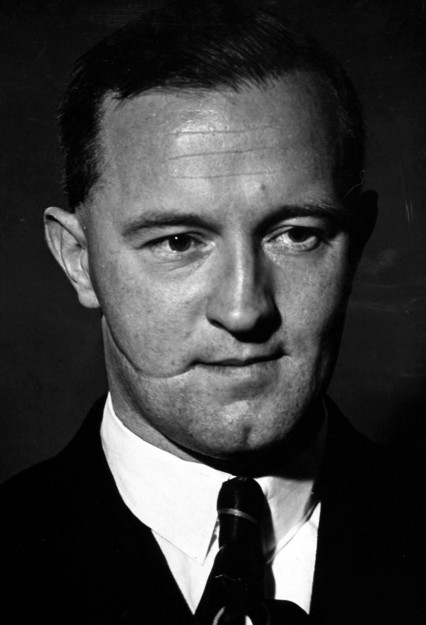

| Visitors Now: | |
| Total Visits: | |
| Total Stories: |

| Story Views | |
| Now: | |
| Last Hour: | |
| Last 24 Hours: | |
| Total: | |
Poisoning the airwaves
The Second World War was a conflict that comprehensively defied the restrictions of land and sea. Planes screamed over borders and delivered parachuting troops deep into foreign territory. Bombers and, in the war’s final months, missiles wrought front line destruction on distant enemy cities.
The air was not merely the conduit for armed forces and weapons. With the new technology of radio fully harnessed by all of the belligerents, it became a powerful new frontier in the war of ideas, opinion and morale. Propaganda was freed to ignore national borders like never before.
The medium was so powerful that radio stars who specialised in the dark arts would gain international notoriety and earn a footnote in the history of the Second World War. Proponents included William Joyce (also know as Lord Haw-Haw), Rita Zucca and Mildred Gillars (both known as Axis Sally), Iva Toguri D’Aquino (the presenter most strongly associated with the Tokyo Rose name).
William Joyce had been a committed fascist for most of the 1930s, joining the British Union of Fascists in 1932. In late August 1939 he fled a Britain that was slipping towards war with Nazi Germany. He would find work in Berlin for Goebbels’s Propaganda Ministry and soon became the regime’s preferred English language broadcaster on Reichssender Hamburg.
Throughout the war, Joyce would frighten and amuse the British public in almost equal measure. The home population were discouraged from tuning in to the enemy broadcasts, but this was never made illegal. Millions of radio sets would reverberate to the unmistakable introductions:
“Germany calling, Germany calling, Germany calling”.
Although, thanks to a curiously nasal drawl, this was more often rendered as “Jairmany calling”. Although his broadcasts were frequently menacing, mocking or sarcastic, Joyce had an almost hypnotic hold on his British audience. The British Government estimated that a regular 6 million and occasional 18 million Britons tuned in to listen to his programme.

A different audience was targeted by the Axis’s female broadcasters. Mildred Gillars and Rita Zucca were two US citizens who became known as Axis Sally whilst a host of broadcasters were collectively known as Tokyo Rose. Each shared a familiar trait – a seductive and knowing voice could repel or arouse the targeted soldiers.
The practice of referring to these presenters by mildly mocking nicknames stuck – troops in later conflicts could hear Pyongyang Sally (in the Korean War), Hannoi Hannah (in the Vietnam War), Argentine Annie (in the Falklands War) and Comical Ali (in the Second Gulf War).
2012-09-21 07:00:31
Source:



